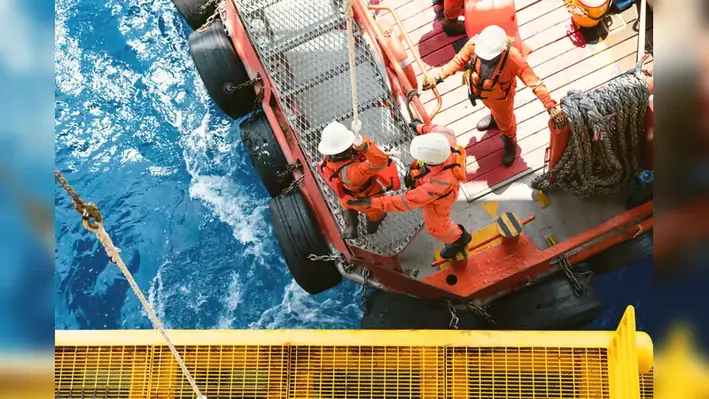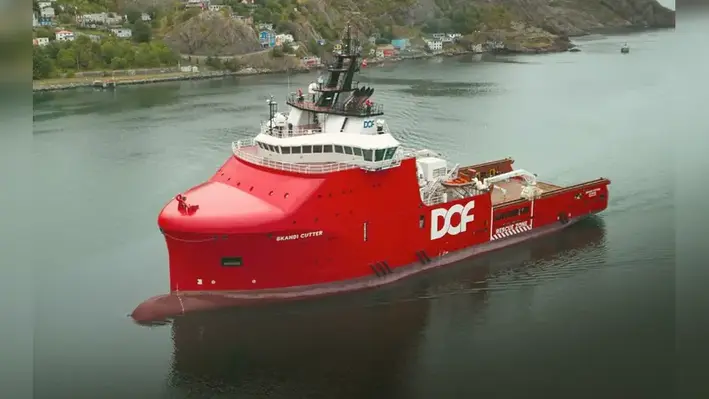With around US$60bn worth of decommissioning activity due to take place in Australia over the next five decades, the challenges of disposing of or recycling a growing volume of waste materials have come to the fore.
A study undertaken by Centre of Decommissioning Australia (CODA) with support from the Government of Western Australia, explores the capacity, capability, and regulatory landscape for waste disposal in Australia while identifying barriers, opportunities, and actions to improve the safe and sustainable handling of materials over the coming decades. It makes recommendations which will help waste management and recycling supply chains address the challenges and opportunities, promoting best-practice approaches and encouraging re-use and recycling rather than just disposal.
Recommendations include:
1. Develop clear communications which help to demystify and normalise oil and gas decommissioning as a process. Public information packs and fact sheets which concentrate on the industry’s effective risk management strategy and opportunity creation.
2. Maintain a materials focus: communications relating to oil and gas decommissioning programmes should talk about ‘materials’ and not just ‘waste’ to build expectation around recovery, re-use and recycling rather than just disposal.
3. Connect waste producers with the supply chain: enhance connections between the oil and gas and waste management industry sectors to improve waste producers’ understanding of the full range of options available to them and to publicise opportunities to the supply chain.
4. Develop a ‘waste-led decommissioning’ approach, prioritising critical-path waste management needs such as decontamination and hazardous materials management as the essential precursor to the safe and sustainable dissemination of materials and waste into disposal and recycling supply chains.
5. Clarify the circular economy perspective: position oil and gas decommissioning in the context of the circular economy and the role it can play in contributing to increasingly circular material flows.
6. Integrate oil & gas decommissioning and mining closure: identify common needs and optimise the range of solutions available to both industries.
7. Map and model industrial systems and supply chains in detail to fully understand the dependencies and opportunities within supply chains relevant to decommissioning materials and waste management.
The report, titled ‘Decommissioning Waste Disposal Pathways’ also stresses the importance of collaboration and partnership between government agencies, industry operators, and the waste supply chain to ensure alignment; education and awareness for regulators and planning policy bodies; uniformity and clarity of regulations, and the streamlining of regulation processes; an integrated national approach involving stakeholders from across the sector to support the creation of an enabling regulatory framework and national guidelines; and risk-based assessment and approval processes.




